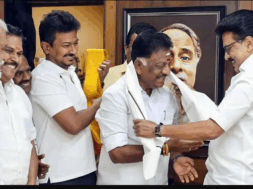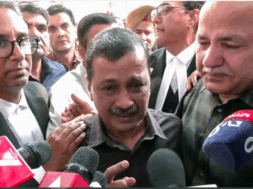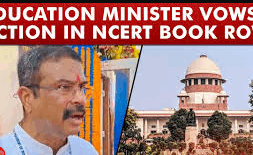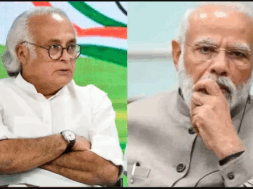
NEW DELHI, July 11: Elaborate training sessions are being planned to train the police officers with the new laws with the country’s criminal laws undergoing a complete overhaul, the Indian laws replacing the British era acts.
The police officers are being given the Standard Operating Procedures (SOPs) by the Bureau of Police Research and Development (BPRD) to re-learn certain key aspects of the day-to-day tasks such as how to respond to a crime, what law will be applicable and how to record evidence quickly.
The new criminal laws — Bharatiya Nyaya Sanhita (BNS), 2023; the Bharatiya Nagarik Suraksha Sanhita (BNSS), 2023; and the Bharatiya Sakshya Adhiniyam (BSA), 2023 — have replaced the Indian Penal Code (IPC), 1860; The Code of Criminal Procedure, 1973; and Indian Evidence Act, 1872 respectively, from July 1.
As per the Section 173 of the Bharatiya Nagarik Suraksha Sanhita, a police officer cannot refuse to file an FIR based on the lack of jurisdiction or disputed jurisdiction. He is legally bound to register a zero FIR and transfer such a case to the respective police station.
The information can also be given by electronic means apart from orally or in writing, which needs to be taken on record by the officer in-charge if it is signed within three days by the person giving it.
The electronic mode of information must be decided by the agencies such as the Crime and Criminal Tracking Network and Systems portal, the police website or officially published email IDs. The officers will be taught extensively on how to collect digital evidence. Master trainers have been trained to resolve any doubt regarding any aspect of police work that any officer may have so that there is no discrepancy later.
During a search conducted by a police officer, videography is mandated under Section 185, of the crime scene (Section 176); and of the process of conducting a search of a place or taking possession of any property (Section 105). Investigating officers (IOs) must be provided electronic devices and proper training to discharge such functions.
IOs will be taught to shoot a video to record a victim’s statement in a crime instead of just recording it through the audio form, apart from mandatorily calling in a forensic expert for crimes that are punishable by seven years and above.
E-Sakshya has been designed by the National Informatics Centre to allow capturing of multiple photos and videos. The photographs of witnesses and selfies of IOs may be captured using this app. Each item is geo-tagged and time-stamped to ensure the integrity of data.
Section 37 of the BNSS requires a police officer in every police station, not below the rank of Assistant Sub-Inspector, to be responsible for maintaining and prominently displaying information about the arrested persons. Therefore, boards (including in digital mode) containing names, addresses and the nature of the offence must be put up outside police stations and district control rooms.
For the arrest of sick and frail or elderly persons, Section 35(7) states that the permission of an officer not below the rank of Deputy Superintendent is mandatory for arresting a person with an offence punishable for imprisonment of less than three years. The IO can now use handcuffs in certain cases, but cautiously.
Timelines have been framed in the new laws for different cases of serious nature. In cases of rape, the registered medical practitioner is mandated under Section 184(6) of the BNSS to forward the medical report to the IO within seven days, who shall forward it to the magistrate concerned.
In case of POCSO, the investigation is required to be completed within two months of recording the information of the offence. Earlier, this time limit was only for rape cases under the Indian Penal Code.
The officer, not below the rank of Superintendent of Police (SP), to decide whether to register a case under Section 113 of BNS that defines a ‘terrorist act’ or the UAPA.
(Manas Dasgupta)














